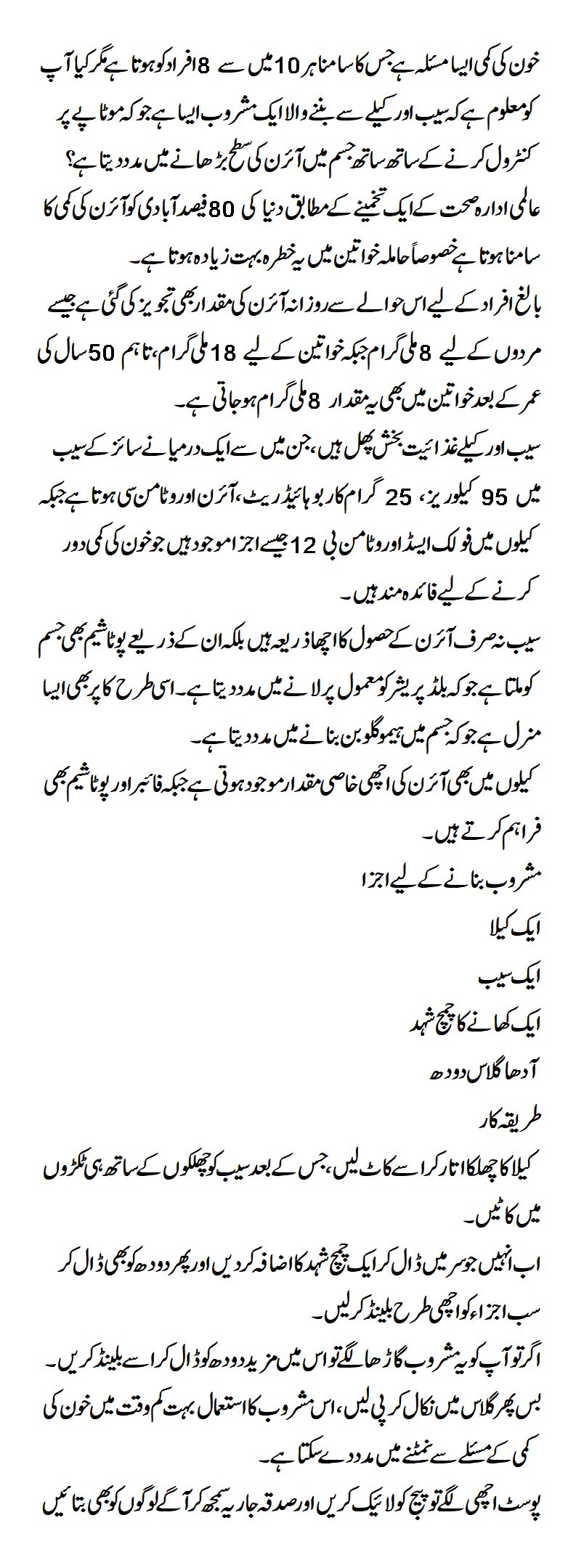Anemia is a condition in which you lack enough healthy red blood cells to carry adequate oxygen to your body’s tissues. Having anemia, also referred to as low hemoglobin, can make you feel tired and weak.
There are many forms of anemia, each with its own cause. Anemia can be temporary or long term and can range from mild to severe. In most cases, anemia has more than one cause. See your doctor if you suspect that you have anemia. It can be a warning sign of serious illness.
Treatments for anemia, which depend on the cause, range from taking supplements to having medical procedures. You might be able to prevent some types of anemia by eating a healthy, varied diet.
Types
- Aplastic anemia
- Iron deficiency anemia
- Sickle cell anemia
- Thalassemia
- Vitamin deficiency anemia
Symptoms
Anemia signs and symptoms vary depending on the cause and severity of anemia. Depending on the causes of your anemia, you might have no symptoms.
Signs and symptoms, if they do occur, might include:
- Fatigue
- Weakness
- Pale or yellowish skin
- Irregular heartbeats
- Shortness of breath
- Dizziness or lightheadedness
- Chest pain
- Cold hands and feet
- Headaches
At first, anemia can be so mild that you don’t notice it. But symptoms worsen as anemia worsens.

When to see a doctor
Make an appointment with your doctor if you feel fatigued and you don’t know why.
Fatigue has many causes besides anemia, so don’t assume that if you’re tired you must be anemic. Some people learn that their hemoglobin is low, which indicates anemia, when they donate blood. If you’re told that you can’t donate because of low hemoglobin, make an appointment with your doctor.